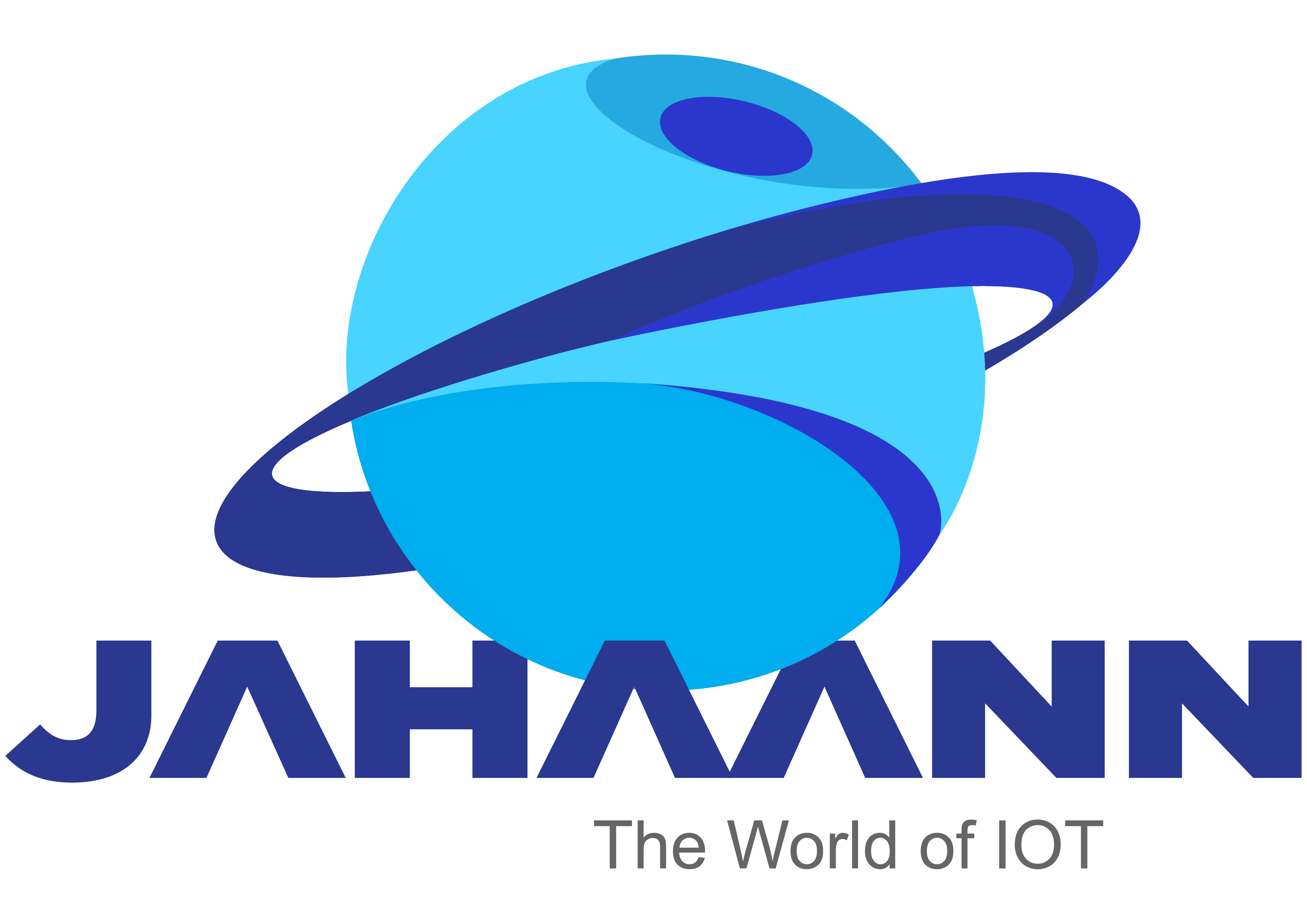In the fabric of modern industry, automation weaves a compelling narrative of innovation and efficiency. At the core of transformative practices across diverse sectors, industrial automation stands as a testament to technological progress, driving the shift towards more sophisticated and reliable manufacturing processes. As we delve into this guide, we will explore the essence of industrial automation, its varied forms, and the profound impact it has on global industries, highlighting how companies like Jahaann are at the forefront of this revolution.
What is Industrial Automation?
Industrial automation represents the integration of robotics, computer software, and other technologies to control and manage machinery and processes, thereby minimizing human intervention. This concept is a cornerstone of the so-called “fourth industrial revolution” or Industry 4.0, which marries the Industrial Internet of Things (IIoT) with industrial software and hardware to boost manufacturing efficiency through internet-enabled solutions.
A Brief History
Tracing its roots to the late 19th century, industrial automation began with simple mechanisms like conveyor belts. Over the decades, it has evolved to encompass a wide range of technologies including Programmable Logic Controllers (PLCs), artificial intelligence (AI), machine learning, and IIoT platforms. Initially aimed at increasing productivity and reducing labor costs, today’s automation strategies focus more on enhancing quality and operational flexibility.
Exploring Types of Industrial Automation
-
Fixed Automation Often used in high volume production environments with limited variability, fixed automation systems (also known as hard automation) operate with a predefined sequence of operations. This rigidity makes them less adaptable but highly efficient for consistent tasks.
-
Programmable Automation Suitable for batch production, programmable automation allows for the adjustment of operations according to different product specifications. This flexibility is perfect for manufacturers dealing with varying product designs and batch sizes.
-
Flexible Automation A step above programmable automation, flexible automation systems offer the ability to changeover operations without manual intervention. Technologies like CNC machines exemplify this type, which is ideal for batch processes requiring high customization.
-
Integrated Automation The pinnacle of industrial automation involves integrating various systems and devices into a unified control framework. This integration facilitates seamless communication between machines and processes, enhancing the adaptability and efficiency of production lines.
Benefits of Industrial Automation
- Enhanced Safety: Automation reduces the need for human involvement in hazardous areas, promoting a safer workplace.
- Increased Productivity: Automated systems minimize downtime and streamline production processes, thereby boosting overall productivity.
- Improved Quality: With advanced monitoring and control, automation helps maintain high-quality standards throughout the production cycle.
- Informed Decision-Making: Integration of automation technologies provides detailed data analytics, enabling better strategic planning and operational adjustments.
As we embrace the advancements of Industry 4.0, industrial automation is not just a tool but a strategic asset that reshapes how businesses operate. By integrating sophisticated automation systems, companies like Jahaann are not only enhancing their operational efficiencies but are also setting new benchmarks in safety, quality, and productivity. To discover more about how industrial automation can transform your business operations, connect with Jahaann and explore the possibilities that await in this dynamic field.
Are your Ready to elevate your manufacturing capabilities with cutting-edge industrial automation? Visit Jahaann’s website to learn more about our solutions and how they can help you achieve unparalleled operational excellence. Join us in paving the path towards a more automated and efficient future.

